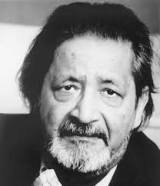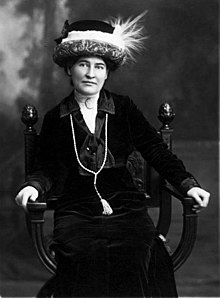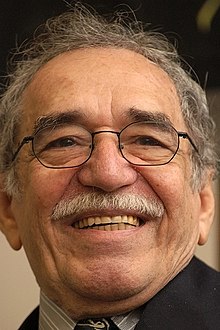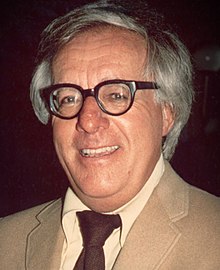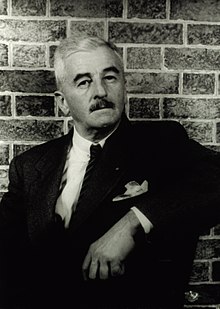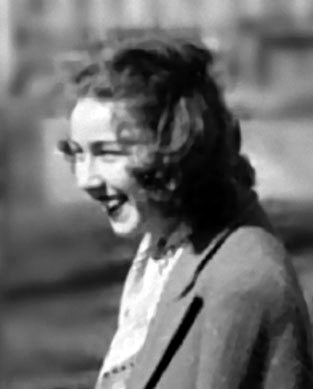
Memoir remains one of the most popular and compelling categories of writing today. Darkness Visible by William Styron, No Name Woman by Maxine Hong Kingston, This Boy’s Life by Tobias Wolff’s, The Liar’s Club by Mary Karr and Angela’s Ashes by Frank McCourt’s-these are just a few of the many outstanding recent memoirs.
Unlike autobiography, memoir doesn’t have to include every part of one’s life, only the moments that are most significant. A great memoir highlights the key moments in a person’s life, using scene, characterization, dialogue, point of view to bring them to life on the page.
Memoir is especially useful in treating questions of identity, a particularly American dilemma, as this is a country without strong classes and social norms. Identity often has to be negotiated, explored as a mix of ethnic, social, economic, psychological, and other dimensions. The fluid nature of American society leads many writers to pose questions such as, Who am I? Where do I belong? What does it mean to be American?
One of the crucial tests for a memoir is finding this larger issue. What does this life illustrate? What has the narrator learned from his or her life? Without a larger point, a personal memoir can easily lapse into boring, repetitive, poor-me stories. Humor is an especially effective antidote to this, showing that a writer has a perspective on his or her life. This sense of perspective helps give the memoir a point, avoiding the trap of what Joyce Carol Oates called “pathograpy”, memoirs that uncover disease, disaster, and sickness and revel in it, without trying to give a sense of how such a condition can be transformed.
For many Americans, discovering their identity comes from travel. Over the years Europe has been one of the most popular destinations in this regard. In Map of Another Town by M.F.K. Fisher, she discovers a sense of herself when enduring trying circumstances while living in Aix en Provence. Fisher went on to become the dean of American food writers and much of what she learned came from her experiences, both good and bad, while living in France. Fisher has to struggle to discover who she is within or outside French society. Struggle is essential to a good memoir. Without it, there’s little suspense and little sympathy generated for the writer.
In writing a memoir, it’s important to focus on key events in your life. Highlight these events. Explore them in rich detail. This will bring readers into your world. As you furnish the sights, sounds, sensations, smells and feelings that you experienced in your life, the reader will identify with you.
The techniques of narrative or creative nonfiction are especially helpful in accomplishing this.
My winter Seattle writing class will address these techniques as well as discuss how use genre to add style and structure to your stories. See the course descriptionfor more: http://thewritersworkshop.net/classes_seattle.htm.
All best,
Nicholas O’Connell
The Writer’s Workshop
 The Writer's Workshop
The Writer's Workshop 
